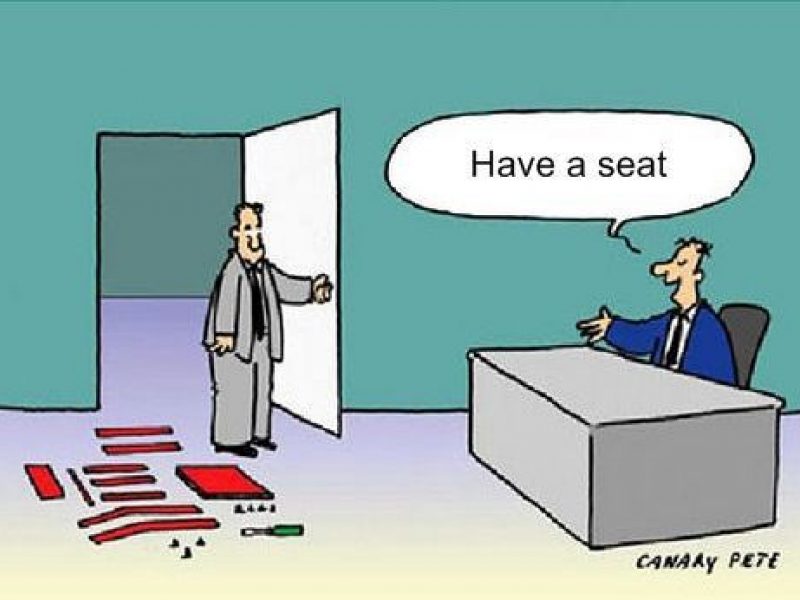What type of interview will I have?
 Behavioural interview
Behavioural interview Finally an interview!
It’s so difficult to get an interview nowadays!
You might be lucky once, but more often than not that selection will be the result of meticulous preparation: what can you offer, what do you want to do, how do you rewrite your cv and profile on social networks, what channel should you use to find job opportunities, to mention just some of the key steps in a job search.
You should also prepare for your interview to make sure you don’t squander all the good work or good luck!
Interviews nowadays
Modern companies – the ones people tend to want to work for when they’re young and even when they’ve acquired experience – now often behavioural interviews.
I have evidence of this through a client of mine, Giovanni, who received the attached document - GUIDE TO PREPARE CANDIDATE FOR BEHAVIORAL-BASED INTERVIEW – from the company he was going through a recruitment process with. I was pleasantly surprised that the company provided these guidelines and I’d like to share them with you and comment on them.
Interview Guide To Prepare Candidate for Behavioral Based Interview (28 kb.)
At GoodGoing! we prepare people for this type of process. You can find out more through our posts and ebooks, and in the book by our very own Cristina Gianotti. Giovanni– whom we supported in preparing for his interview – had everything
ready and it was just a case of selecting the available options on the basis of
the objective of the interview, the interlocutors and obviously the position he
was competing for. In general these type of interviews are used during the
initial selection process.
How is a behavioural interview conducted
First of all, what is a behavioural interview?
Behavioral (experience-based or patterned behavioral) interviews are past-oriented in that they ask respondents to relate what they did in past jobs or life situations that are relevant to the particular job relevant knowledge, skills, and abilities required for success. The idea is that past behavior is the best predictor of future performance in similar situations. By asking questions about how job applicants have handled situations in the past that are similar to those they will face on the job, employers can gauge how they might perform in future situations.
– da Wikipedia
So, it’s a type of interview used by more structured companies, sophisticated HR types, perhaps a business person that is interested in these types of aspects or perhaps for other reasons or by chance.
The structure might not be rigid, the key thing is to focus on concrete facts, and the concrete things you may have done. It’s a case of moving from theory to practice.
Most of you could successfully describe your roles in terms of our duties and responsibilities.
But other people might be better than you at presenting what they do.
The point is, it’s you that created those facts so they are a point of difference and a unique competitive element.
I encourage people to include these in part in their CVs.
You should outline the:
- starting point: situation, problem, objective, opportunity
- path: what you have done, whom you acted with
- point of arrival: what you reached in terms of results, completion
of a project, problem solved, benefits for a company, skills leaned, lessons
learned.
As you can see it’s a standard coaching outline, so nothing new.
Just awareness, experimentation, practice and preparation to get past this step towards the job of your dreams!
